THE NHS is the closest thing that the English people have to a religion, former Chancellor Nigel Lawson once complained. Did last week’s Westminster Abbey service to mark the National Health Service’s 75th birthday not rather prove his point?
“We gather in thanksgiving for both the grace of God and the grace and glory that is the NHS,” said the Dean to open the service. The George Cross, awarded to the NHS by the late Queen, was processed to the altar, evoking the Coronation. Some commentators found it an odd, even unhealthy approach to a public service. Yet, witnessing it in person, I found it a powerful and moving event. One of its primary purposes was to thank NHS staff. Over two thousand were present, proud to represent colleagues from around the UK. That was not the only reason why snark about the service seemed to miss the point.
“Though we gather in this sacred place, we do not do so to beatify or deify an institution,” said Amanda Pritchard, NHS England Chief Executive, who acknowledged that the NHS does not always live up to its ideals. Pritchard asserted, accurately, that “the NHS remains the institution that makes our nation most proud to be British – a cornerstone of national life and our shared identity.” I doubt that critics who contend that it is irrational to make a public service like the NHS a source of national pride would ever say the same about the Army.
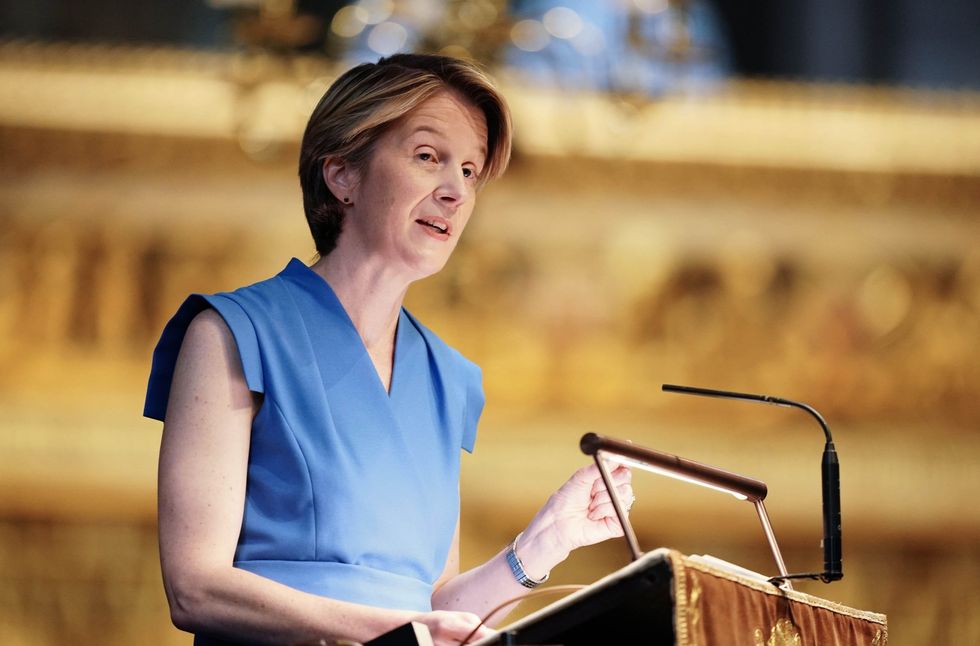
A thoughtful service captured why the Established Church would celebrate Britain’s most cherished secular institution, emphasising their shared concern for compassion and human dignity in matters of life and death. This was another national occasion fully at ease with modern Britain as a society of many faiths and none.
After our Hindu Prime Minister read from the Christian Bible, doctors from different faiths offered blessings from the Abbey pulpit, finding parallel sentiments in the words of Lord Krishna, the Quran and the Sikh holy book. The Labour Party leader read a Bible passage about the creation of a “New Jerusalem”, evoking how religious language had been deployed to make the post-war case for the NHS. Few people have noticed that Starmer would be Britain’s first openly atheist Prime Minister if elected next year, although Clement Attlee, Prime Minister when the NHS was created in 1948, did confide decades later to his biographer that he had been a believer in the ethics of Christianity, but “not the mumbo-jumbo”.
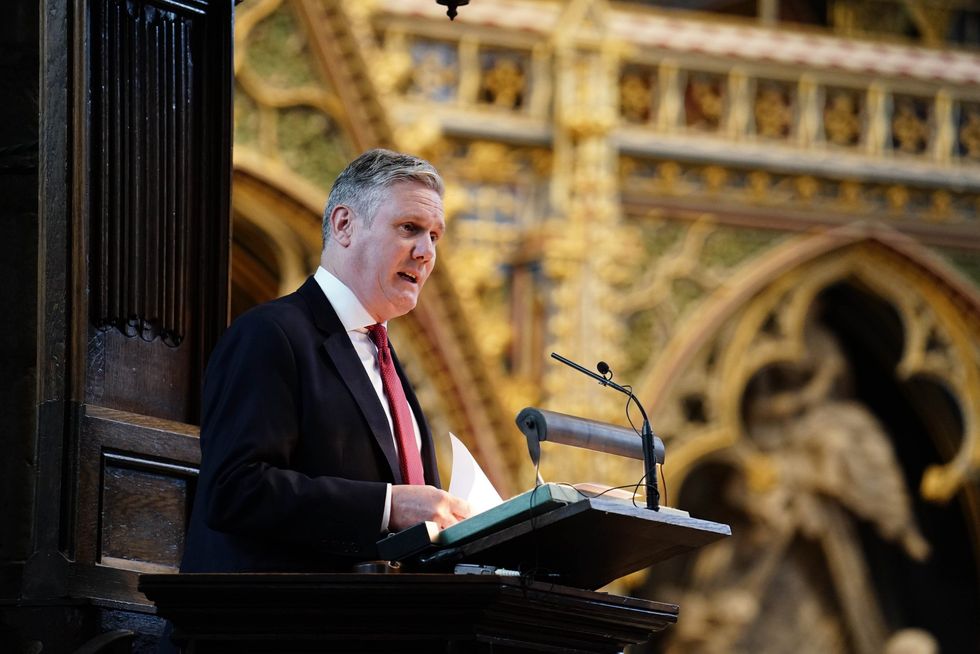
The NHS exemplifies several important British public values. Above all, an idea of fairness – that access to healthcare should not be dependent on the ability to pay. The NHS is also the paradigm in the public mind of how Britain can benefit from immigration. Dame Elizabeth Anionwu spoke powerfully of her Nigerian-Irish heritage and the foundational contribution to the NHS of the Windrush generation and their successors.
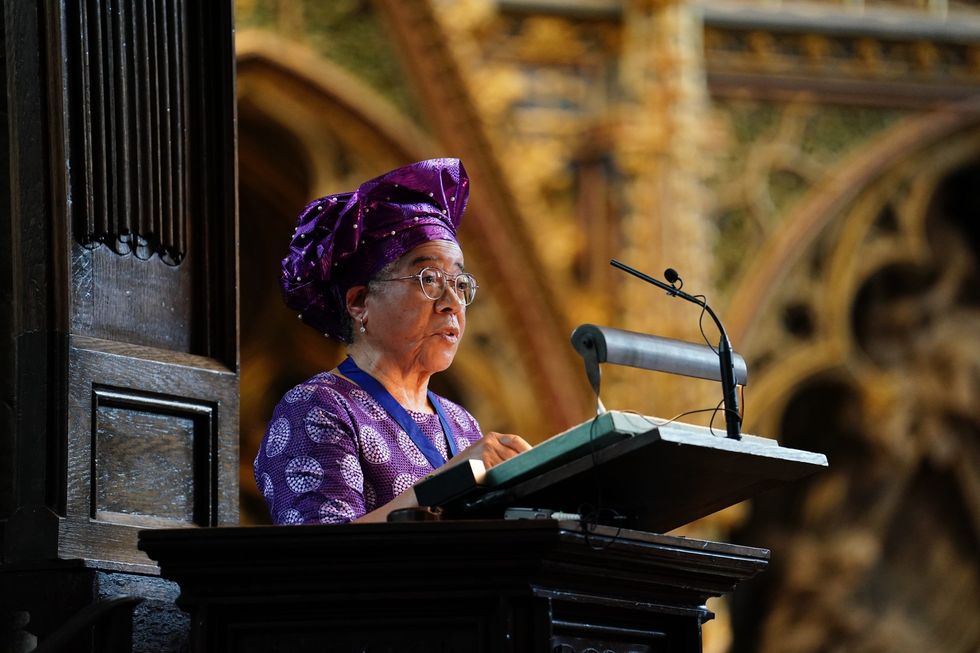
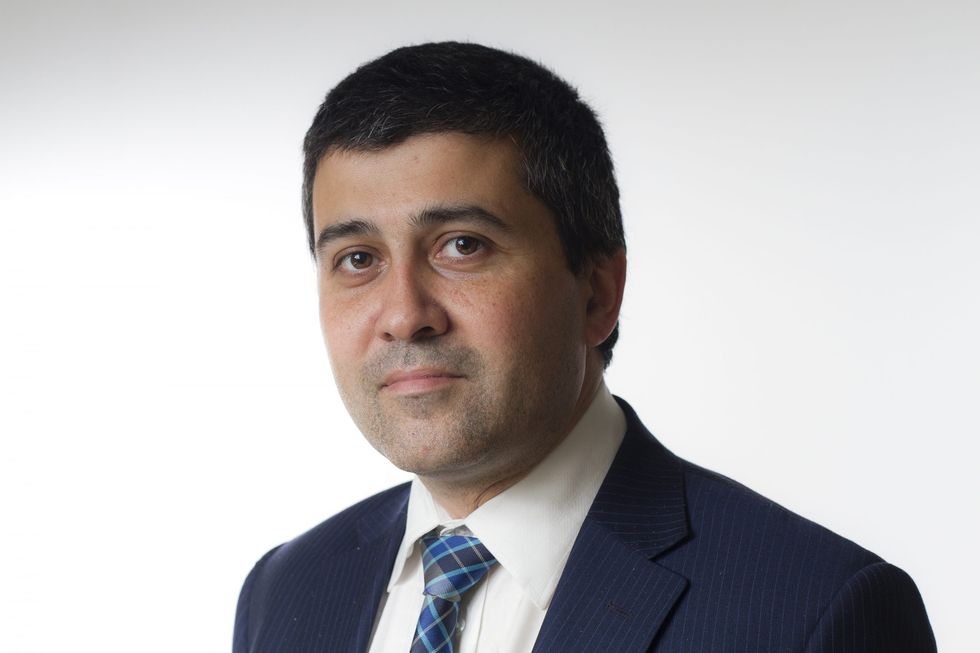
My own parents came to this country from India and Ireland, meeting while working in the NHS as a doctor and a nurse. The 75th anniversary of Windrush has been one prominent theme of the NHS’s 75th birthday celebrations because the stories of migration and the NHS are inextricably linked in the story of modern Britain. That has made the NHS modern Britain’s most ethnically diverse workforce. Perhaps we underestimate the NHS’s role in ensuring that almost everyone in Britain has some experience of meaningful inter-ethnic contact, including in areas that are 99% white, and the contribution that makes to confidence in a multi-ethnic Britain. The institution itself, nevertheless, still has work to do internally on race equality.
Shadow Health Secretary Wes Streeting recently called the NHS “a service not a shrine” directly echoing Lawson in worrying that “thinking of it as a national religion” could get in the way of the best outcomes. Yet there have been many periods of NHS reform – some more successful than others. Lawson knew that the public will always trust doctors and nurses more than politicians. Successful reform needs to take the staff and public with it.
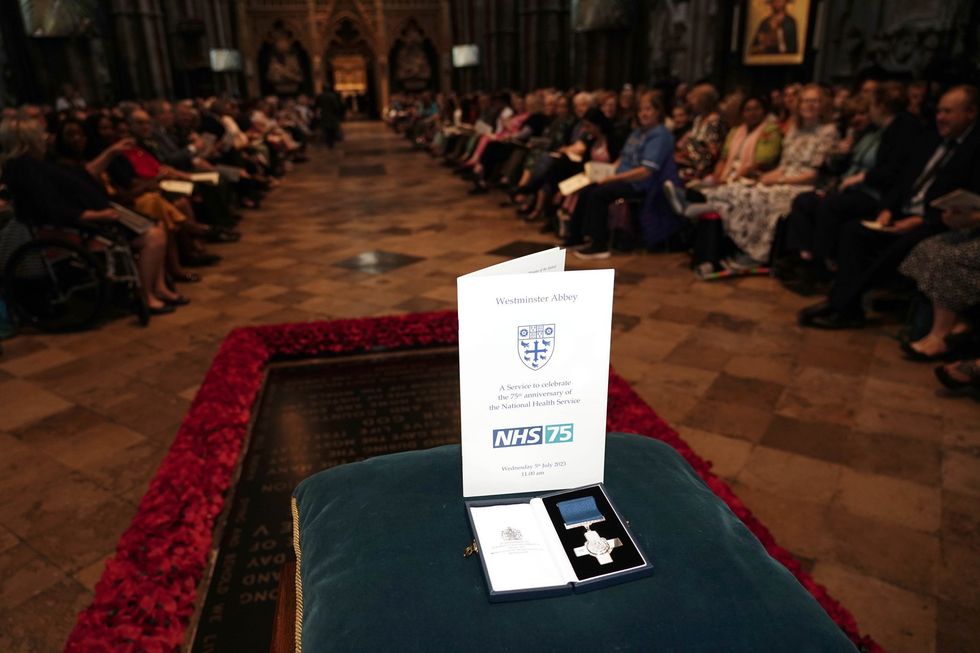
To worry that public faith in the NHS could impede reform could underestimate how national pride can be compatible with challenge and critique. Was not the creation of the NHS itself part of a patriotic call – “now win the peace” – that was clear about what needed to change? Public faith in the NHS can be a resource for reform, not a barrier to it, if change seeks to deliver its enduring mission. The post-pandemic paradox is that the NHS has rarely been under more pressure on service delivery and patient satisfaction while reinforcing the public commitment to its core principles as strongly as ever before. The message of the Westminster Abbey bells, pealing as we spilled out into the sunshine, was how much the NHS remains a potent symbol of who we think we are – and what type of society we want to be.




NHS at 75: A vision of who we are and the society we want to be
The NHS is also the paradigm in the public mind of how Britain can benefit from immigration, says the expert